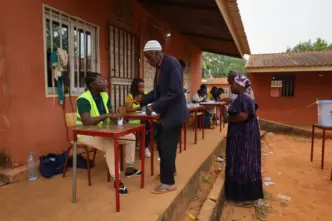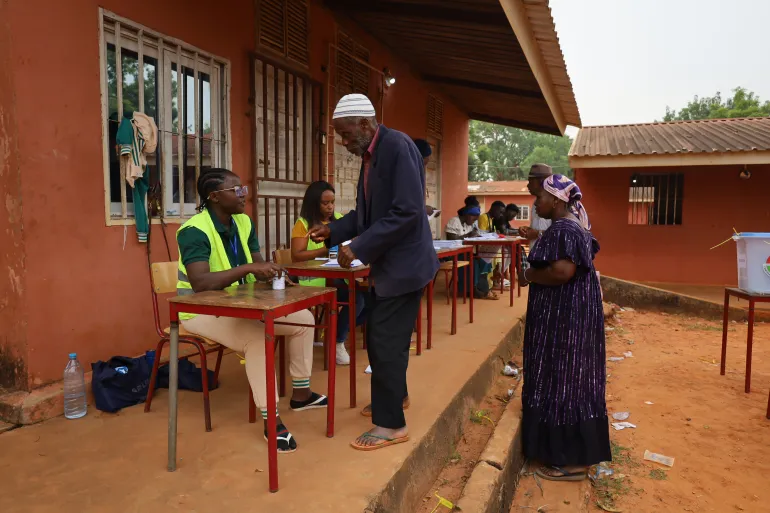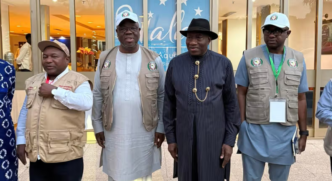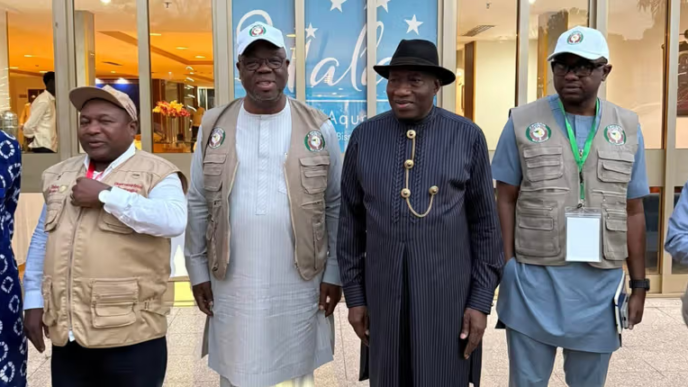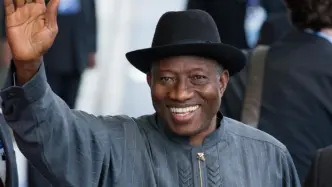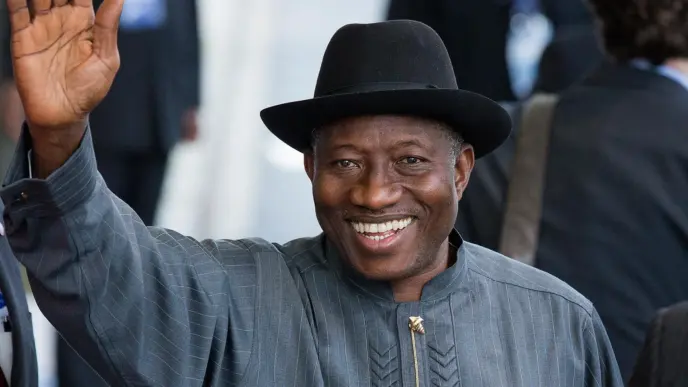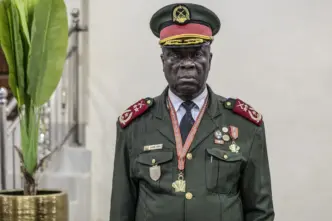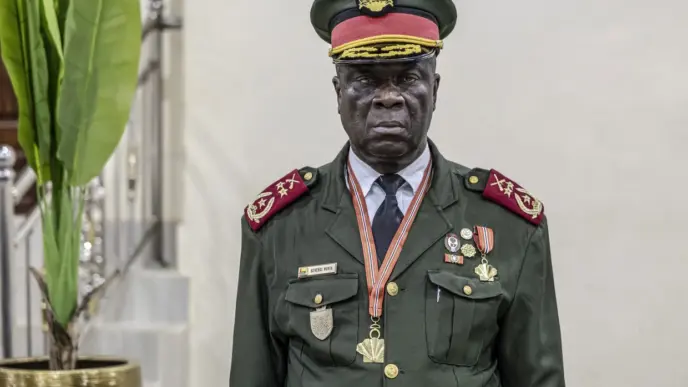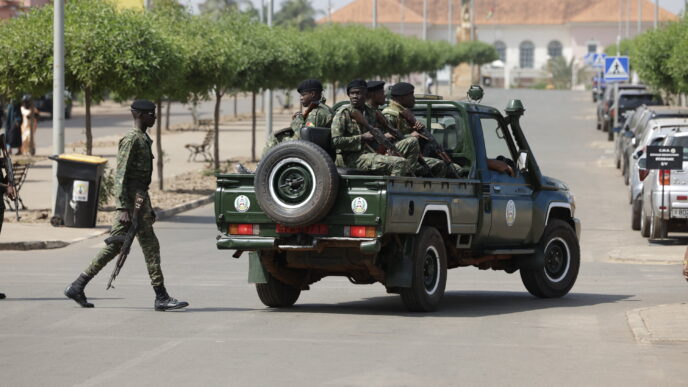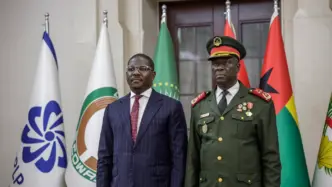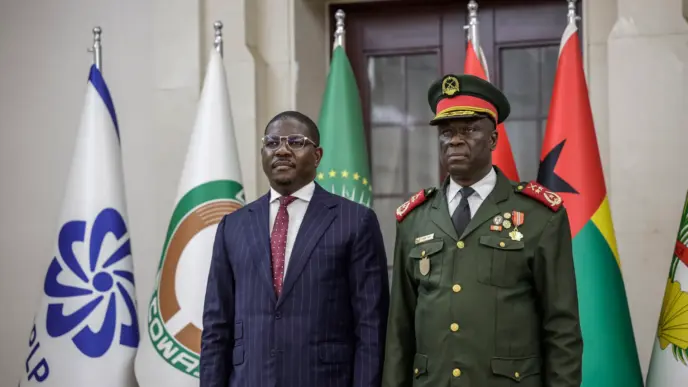Voters in Guinea-Bissau headed to the polls on Sunday to elect a new president and 102 members of parliament, aiming to usher in political stability after years of turmoil, including four successful coups since 1974.
Approximately 860,000 citizens were eligible to cast their votes.
Incumbent President Umaro Sissoco Embaló, 53, was widely favoured to win, potentially becoming the first head of state to serve two consecutive terms since 1994.
The election proceeded peacefully, with polling stations closing at 5:00 pm (1700 GMT) and a provisional turnout of just over 65%, down from 73% in the 2019 election.
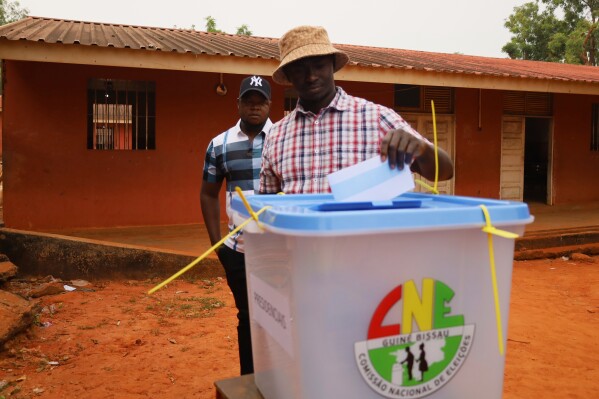
The vote was notable, as the powerful PAIGC opposition party, which led the nation to independence, was barred from the race after the Supreme Court ruled its applications were submitted past the deadline.
The opposition has labelled this exclusion and the dissolution of the legislature in 2023 as “manipulation.”
Despite the political disputes, voters prioritised essential needs, citing demands for better living conditions, healthcare, education, infrastructure, and reforms to tackle extreme poverty (affecting nearly 40% of the population), corruption, and drug trafficking.
First official results are expected no later than Thursday.


 Trending
Trending 
